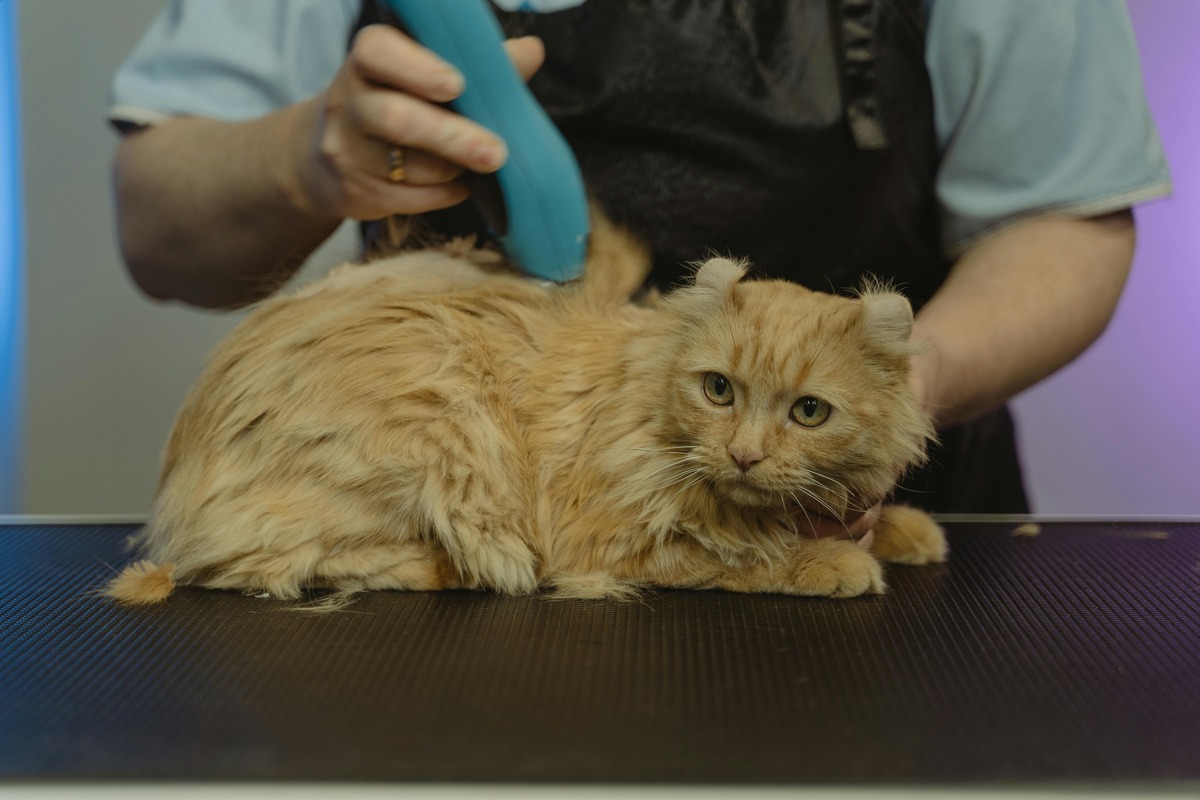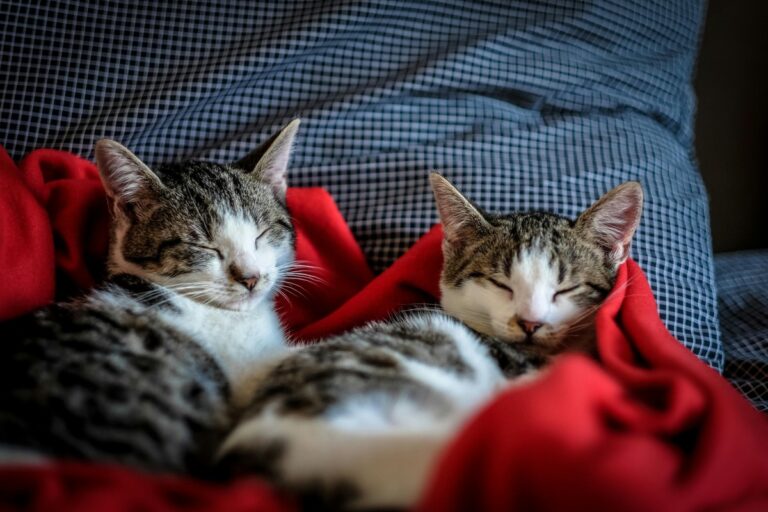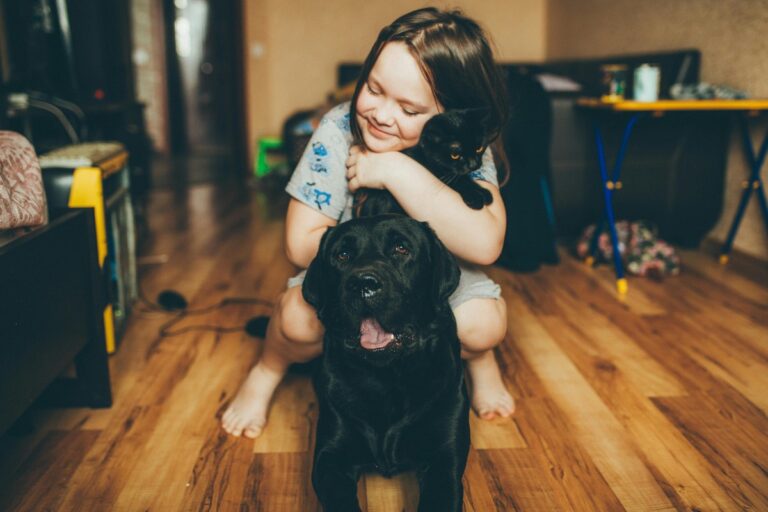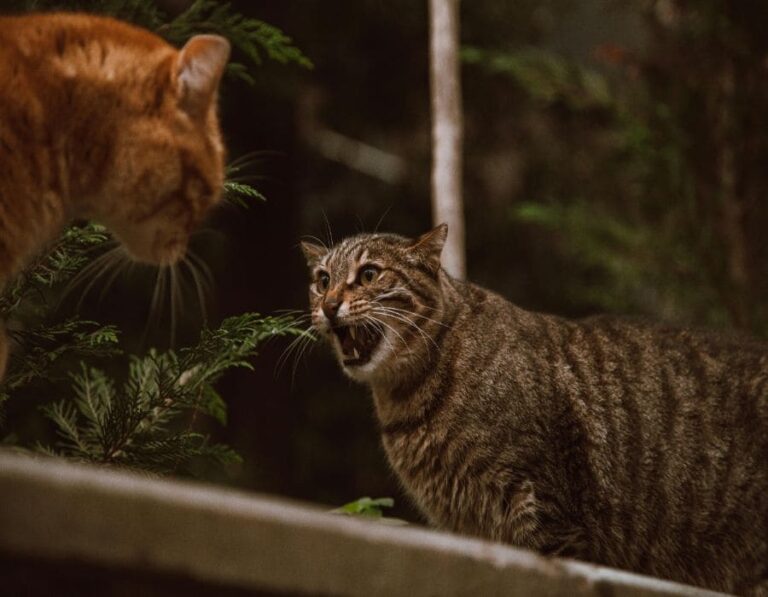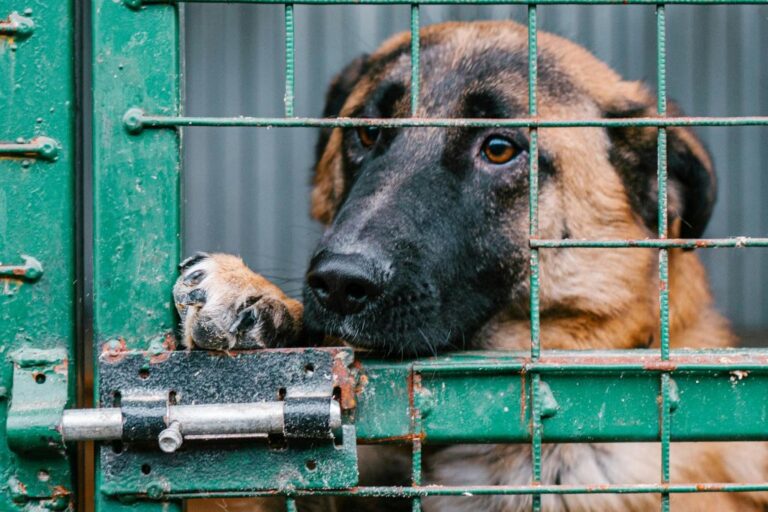9 Things Responsible Cat Owners Always Do
Cats may have a reputation for being independent, but responsible cat ownership involves much more than just providing food and a litter box. Cats rely on their owners for proper care, love, and a safe environment to live a long and healthy life. A truly responsible cat owner understands their pet’s needs and ensures they are always met.
If you want to be the best cat parent possible, here are 9 things that responsible cat owners always do to keep their feline friends happy and thriving.
1. Provide a Nutritious Diet and Fresh Water
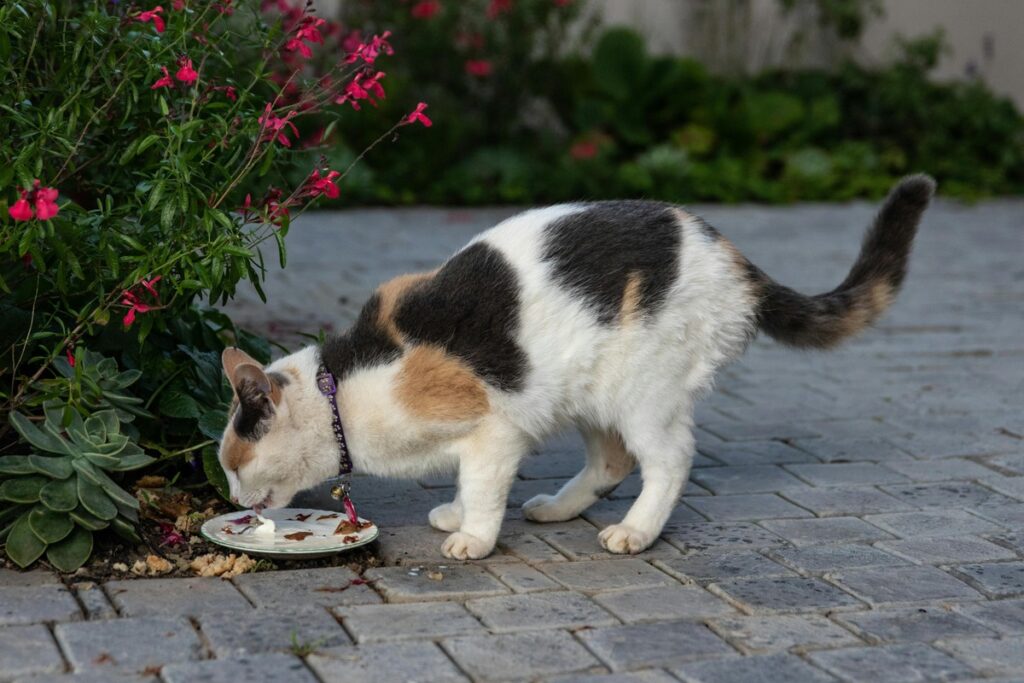
Feeding your cat a well-balanced diet is one of the most important responsibilities of pet ownership. Not all cat food is created equal, and a responsible owner makes sure their feline is eating food that supports healthy weight, digestion, and overall well-being. Dry kibble alone may not be enough, and many cats benefit from a mix of wet and dry food to stay hydrated and receive proper nutrients.
Beyond food, fresh water should always be available. Cats can be picky about their water sources, which is why many owners opt for a cat water fountain to encourage drinking. Proper hydration is essential to prevent kidney disease and urinary tract infections, two common feline health issues.
2. Schedule Regular Vet Checkups
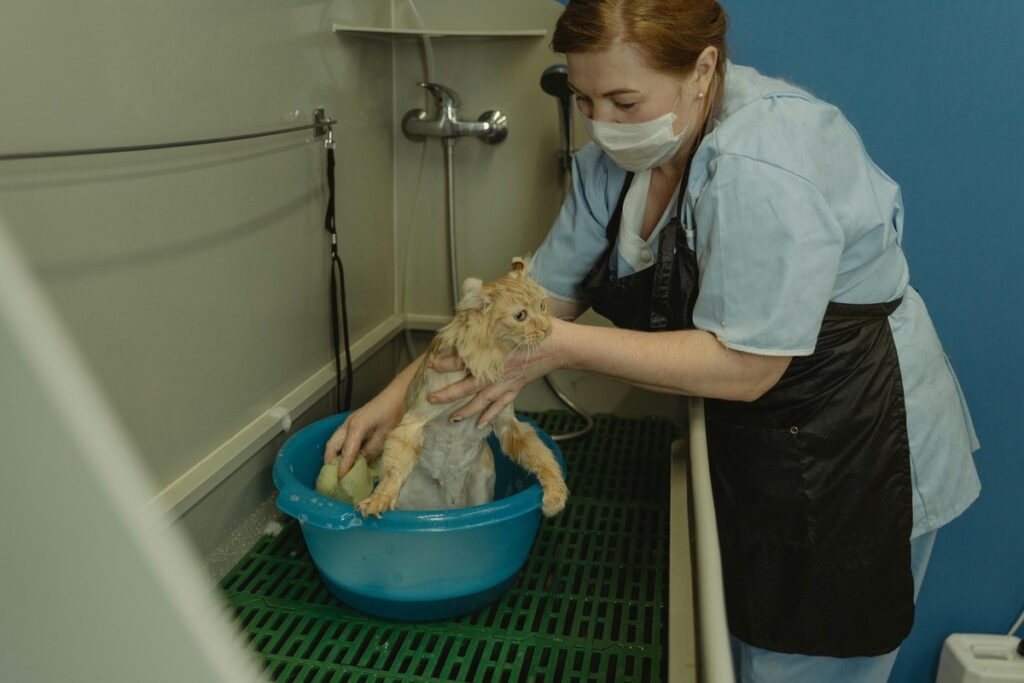
Cats are masters at hiding illness, which is why annual vet visits are crucial, even if your cat seems healthy. A responsible owner ensures their cat gets vaccinated, dewormed, and checked for common health concerns like dental disease, kidney problems, and arthritis.
Many cat owners only take their pets to the vet when there’s an obvious problem, but preventative care is key to catching diseases early. Routine exams help identify weight changes, behavioral shifts, or underlying health issues before they become serious. Additionally, spaying or neutering is a must to prevent unwanted litters, health complications, and behavioral issues.
3. Keep the Litter Box Clean
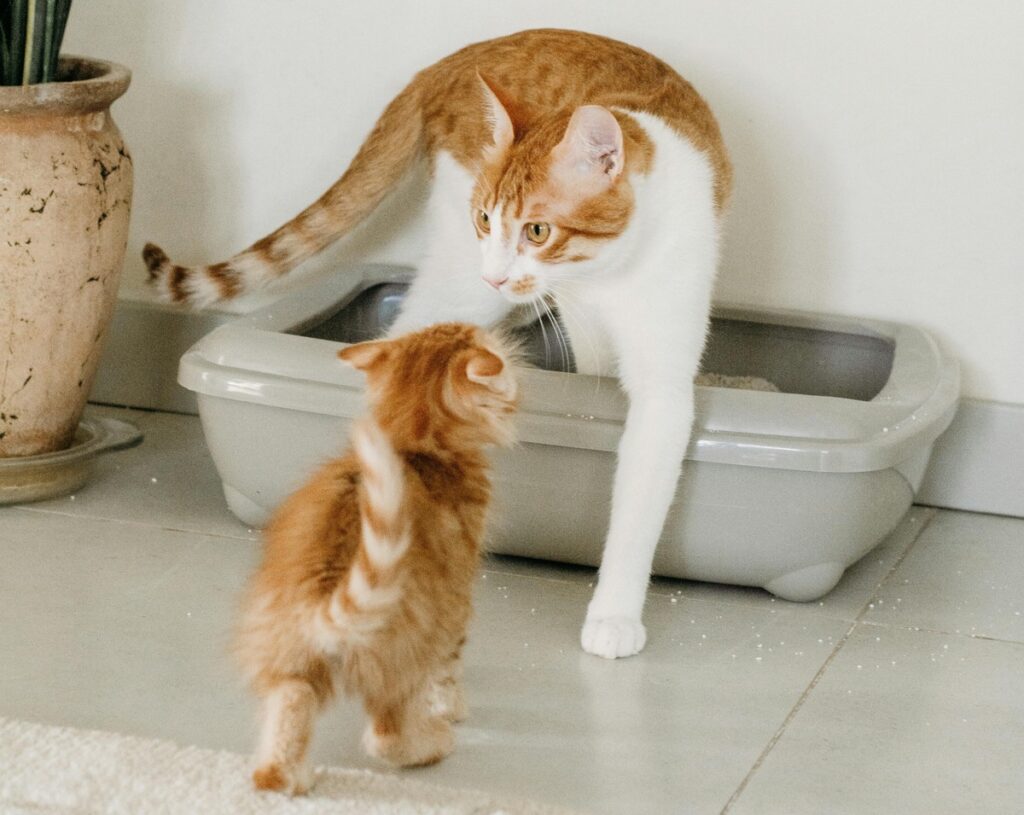
A clean litter box is more than just a preference for your cat—it’s a necessity. Cats are extremely clean animals, and a dirty litter box can cause stress, leading to accidents outside the box or even urinary tract infections. A responsible owner scoops the litter daily and changes it completely at least once a week to maintain hygiene.
Placement also matters. A litter box should be in a quiet, accessible area, away from food and water bowls. Multi-cat households should follow the “one litter box per cat, plus one extra” rule to avoid territorial issues. If a cat suddenly stops using the litter box, a responsible owner doesn’t punish them but looks for medical or behavioral causes.
4. Provide Mental and Physical Stimulation
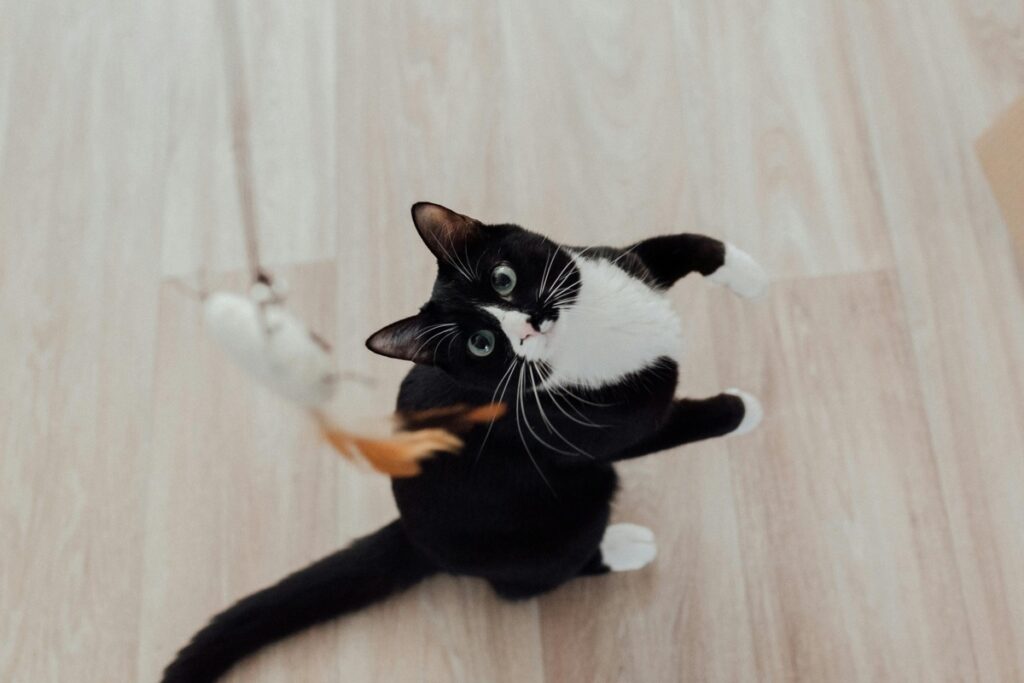
Bored cats can become destructive, anxious, or overweight, which is why both mental and physical stimulation are essential for their well-being. Indoor cats, in particular, need daily playtime, climbing opportunities, and interactive activities to stay happy.
A responsible cat owner provides a variety of toys, such as feather wands, puzzle feeders, and laser pointers, to keep their feline engaged. Scratching posts and cat trees allow cats to stretch, climb, and satisfy their instincts in a safe way. Additionally, window perches or bird feeders outside the window can give cats hours of entertainment.
5. Create a Safe Living Environment
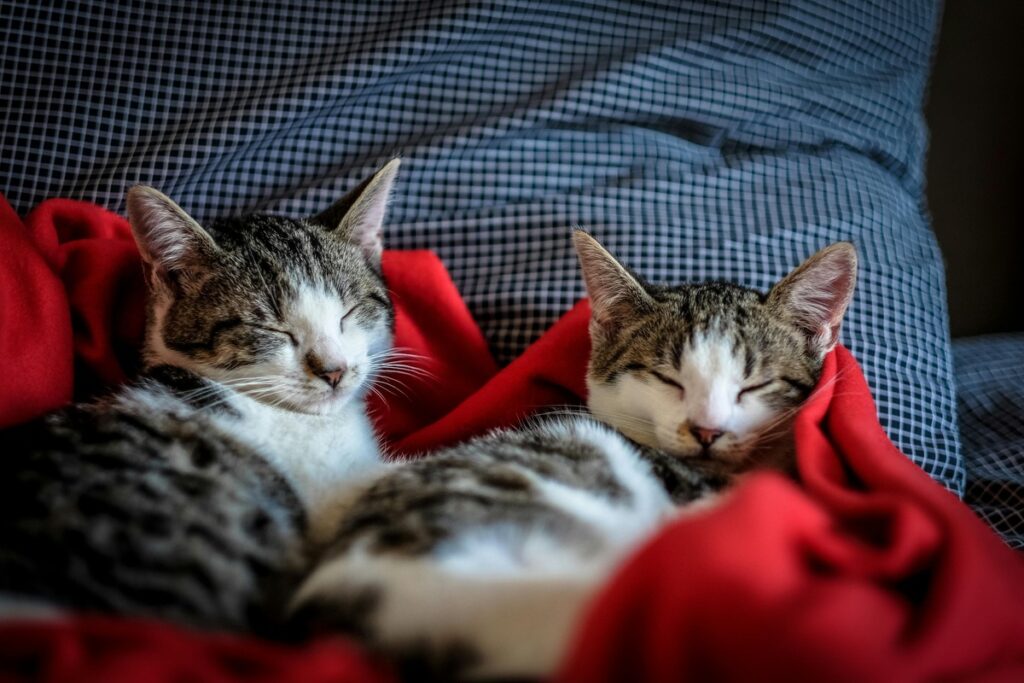
Even inside your home, dangers exist for cats. A responsible owner makes sure their house is cat-proofed by keeping toxic plants, small objects, and chemicals out of reach. Electrical cords, plastic bags, and human foods like chocolate or onions can also pose a threat.
If you have an adventurous cat, securing windows, balconies, and open doors is essential to prevent accidents. For cat owners who allow outdoor access, investing in a secure catio or training them to walk on a leash is a safer alternative to free-roaming.
6. Respect Their Boundaries and Personal Space
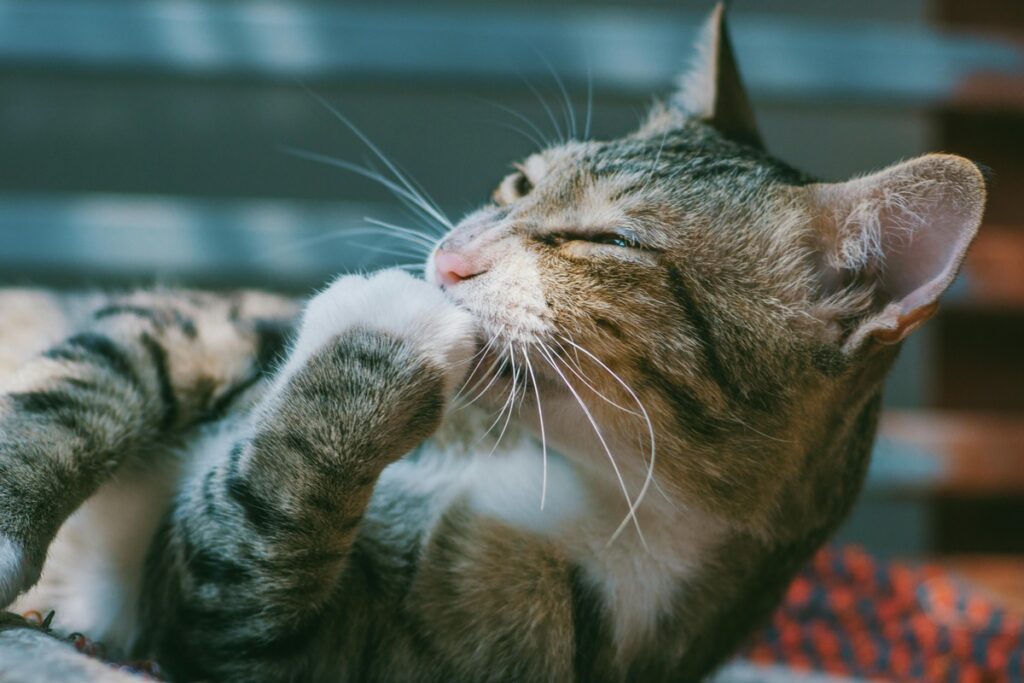
Unlike dogs, cats are highly independent creatures that enjoy affection on their own terms. A responsible cat owner understands their cat’s body language and doesn’t force interactions when the cat wants space. Signs like flicking tails, flattened ears, or sudden retreating mean your cat needs a break.
Cats love attention, but they also appreciate having quiet spots to retreat to, such as cat beds, shelves, or enclosed hideaways. A responsible owner provides these spaces and respects their cat’s need for solitude when necessary.
7. Keep Their Cat Indoors or Provide Safe Outdoor Access
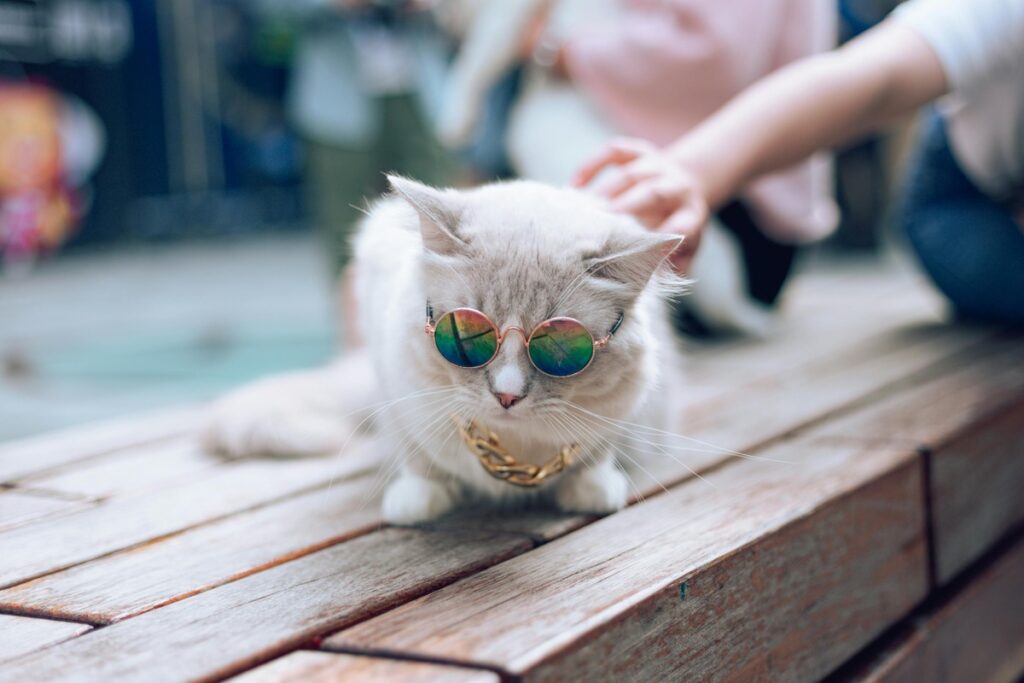
Outdoor cats face significant risks, including traffic, predators, and disease. Responsible cat owners keep their cats indoors or ensure they have a safe way to explore outside.
For those who want their cat to experience the outdoors, options like a screened-in catio, supervised backyard time, or harness training can give them freedom without putting them in harm’s way. If a cat must go outside, microchipping and wearing a breakaway collar with an ID tag can help ensure their safe return if they get lost.
8. Keep Up with Grooming and Dental Care
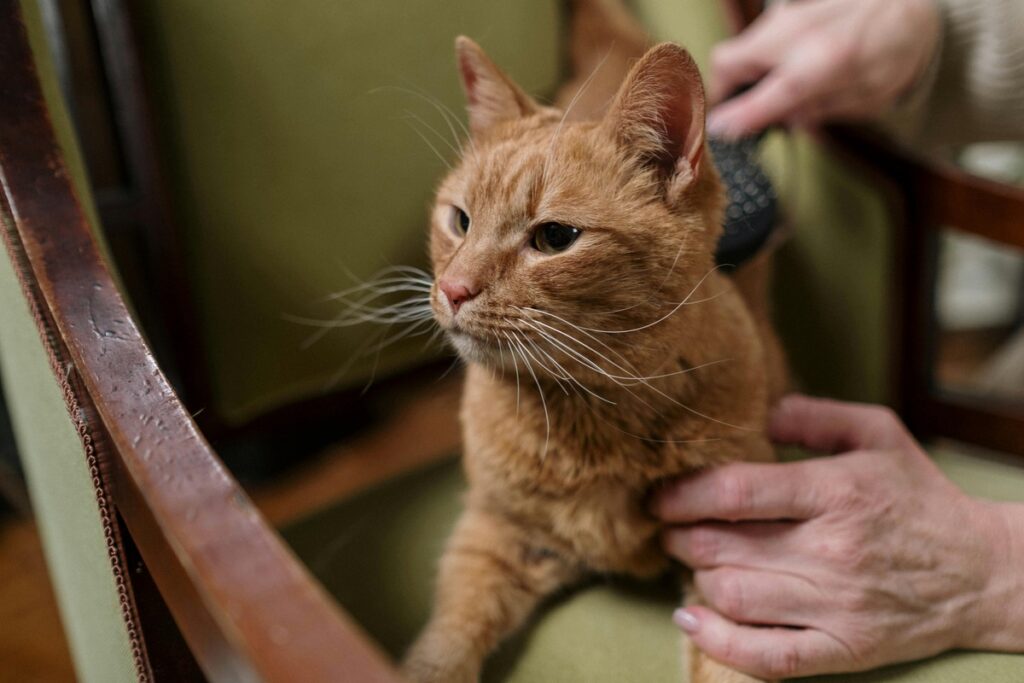
Even though cats groom themselves, responsible owners help maintain their coat, nails, and teeth. Long-haired breeds require regular brushing to prevent matting, while short-haired cats still benefit from occasional grooming to reduce shedding and hairballs.
Nail trimming is another important part of care, as overgrown nails can cause pain and difficulty walking. A responsible owner trims their cat’s nails every few weeks and provides scratching posts to help keep them filed down naturally.
9. Commit for Life
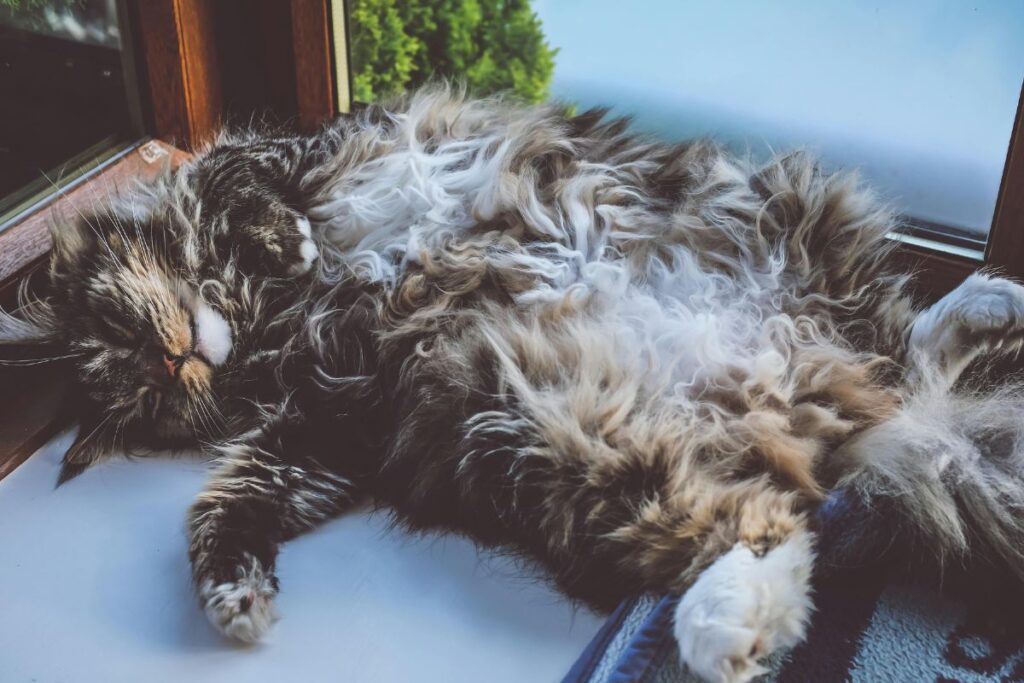
Owning a cat is a long-term responsibility, not a temporary decision. Cats can live 15–20 years or more, and a responsible owner is prepared to care for them through all life stages, from kittenhood to old age.
This means adapting to their changing needs, providing senior cats with joint support, softer food, and extra comfort, and ensuring they always have a loving, stable home. A responsible owner never abandons a cat due to inconvenience and plans ahead for emergencies, travel, and life changes.
Being a Responsible Cat Owner Means Lifelong Care
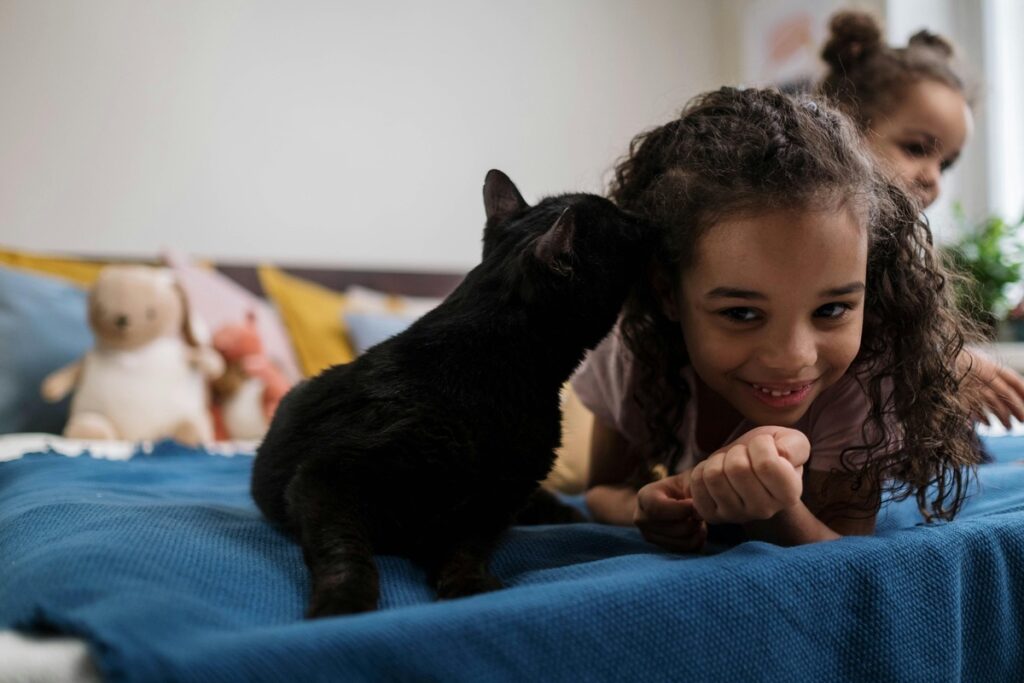
Cats may be independent, but they rely on their owners for love, security, and proper care. Being a responsible cat owner goes beyond just feeding and sheltering them—it involves understanding their unique needs, keeping them safe, and ensuring their happiness throughout their lifetime.
By following these 9 essential habits, you’ll create a home where your cat can thrive, feel loved, and enjoy a happy, healthy life by your side.

